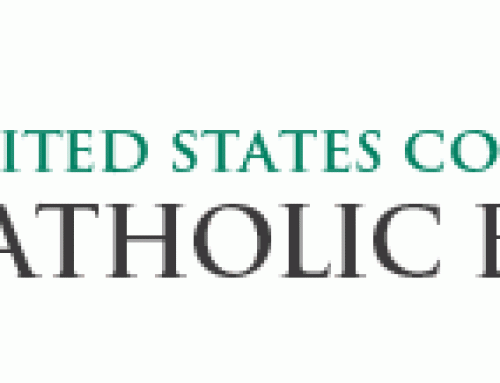After the U.S. Senate introduced a “discussion draft” of its health care bill, Bishop Frank J. Dewane of Venice, Florida, Chairman of the U.S. Bishops’ Committee on Domestic Justice and Human Development, highlighted certain positive elements in the bill, but reiterated the need for Senators to remove unacceptable flaws in the legislation that harm those most in need.
The full statement follows:
The U.S. Conference of Catholic Bishops (USCCB) is examining very closely the new Senate “discussion draft” introduced today and will provide more detailed comments soon.
It must be made clear now, however, that this proposal retains many of the fundamental defects of the House of Representatives-passed health care legislation, and even further compounds them. It is precisely the detrimental impact on the poor and vulnerable that makes the Senate draft unacceptable as written.
An acceptable health care system provides access to all, regardless of their means, and at all stages of life. Such a health care system must protect conscience rights, as well as extend to immigrant families.
The Bishops value language in the legislation recognizing that abortion is not health care by attempting to prohibit the use of taxpayer funds to pay for abortion or plans that cover it. While questions remain about the provisions and whether they will remain in the final bill, if retained and effective this would correct a flaw in the Affordable Care Act by fully applying the longstanding and widely-supported Hyde amendment protections. Full Hyde protections are essential and must be included in the final bill.
However, the discussion draft introduced today retains a “per-capita cap” on Medicaid funding, and then connects yearly increases to formulas that would provide even less to those in need than the House bill. These changes will wreak havoc on low-income families and struggling communities, and must not be supported.
Efforts by the Senate to provide stronger support for those living at and above the poverty line are a positive step forward. However, as is, the discussion draft stands to cause disturbing damage to the human beings served by the social safety net.
The USCCB has also stressed the need to improve real access for immigrants in health care policy, and this bill does not move the nation toward this goal. It fails, as well, to put in place conscience protections for all those involved in the health care system, protections which are needed more than ever in our country’s health policy. The Senate should now act to make changes to the draft that will protect those persons on the peripheries of our health care system. We look forward to the process to improve this discussion draft that surely must take place in the days ahead.










http://usccb.org/